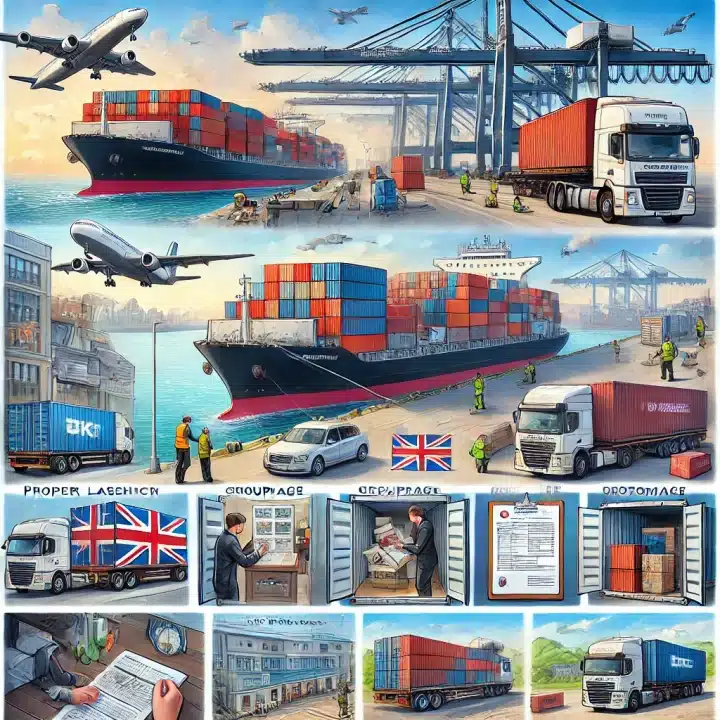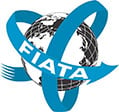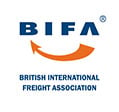
Custom Declarations for Export Transition to CDS Effective 06 June 2024
Transition to CDS for Customs Declarations: Key Information for Exporters
London, May 22, 2024 — As part of the ongoing modernization of the UK’s customs procedures, HM Revenue & Customs (HMRC) has announced a significant change in the submission process for customs declarations. Effective from Tuesday, 4 June 2024, all customs declarations must be submitted through the new Customs Declaration Service (CDS), replacing the long-standing Customs Handling of Import and Export Freight (CHIEF) system.
This change is a part of the broader effort to streamline and enhance the efficiency of the UK’s customs operations. Exporters and businesses involved in international trade are required to adapt to this new system to ensure compliance and continuity in their export activities.
Important Information for Exporters Using NES:
For customers who rely on third parties to complete their National Export System (NES) entries, there are new requirements to facilitate this process under the CDS. From 4 June 2024, the following additional information must be provided:
- Exporter’s Details:
- The exporter’s UK Economic Operator Registration and Identification (EORI) number.
- The exporter’s full address.
- Consignee Information:
- Full name and address of the consignee.
- Reference Numbers:
- House Air Waybill (HAWB) reference.
- Invoice reference number.
- Export Licence Requirements:
- Indicate whether the goods require any type of export license.
- Valuation and Currency:
- Correct value of the goods.
- Correct currency code.
- Weights:
- Net mass and gross mass of the goods.
- Commodity Details:
- The Commodity Code plus any necessary waiver codes.
- Goods Description:
- Clear and unambiguous description of the goods, including quantity, marks, and numbers.
- Customs Procedure Codes:
- Correct Customs Procedure Code (CPC).
- Confirmation if the goods have been previously imported or will be re-imported at a later date.
- Previous Authorisations:
- Any reference numbers previously issued by Customs, such as Inward Processing Relief (IPR), Outward Processing Relief (OPR) authorisations, or previous declarations.
These requirements are essential to ensure the accurate and efficient processing of customs declarations under the new CDS system. Exporters are advised to gather this information promptly and coordinate with their customs agents or service providers to avoid any disruptions in their export operations.
Benefits of the CDS Transition:
The transition to CDS promises several advantages, including:
- Enhanced data processing capabilities, supporting more detailed and complex declarations.
- Real-time access to declaration data, facilitating quicker clearance times.
- Improved compliance and security features, protecting trade data integrity.
- A more user-friendly interface, reducing errors and administrative burdens.
Support and Assistance:
HMRC is committed to supporting businesses through this transition. Training resources and support materials are available to help users understand and navigate the new system. Additionally, HMRC has set up dedicated support channels to address any queries or issues that may arise during the switch to CDS.
Conclusion:
The migration from CHIEF to CDS is a pivotal development in the UK’s customs landscape. Exporters and businesses are urged to prepare for this change by familiarizing themselves with the new requirements and ensuring all necessary information is accurately provided. This transition aims to create a more efficient and secure customs environment, ultimately benefiting the UK’s international trade sector.
For more information and updates, exporters can visit the HMRC website or contact their customs service providers.
Stay informed, stay compliant, and embrace the future of customs declarations with CDS.
For further information about commodity codes and custom codes please visit government website.













